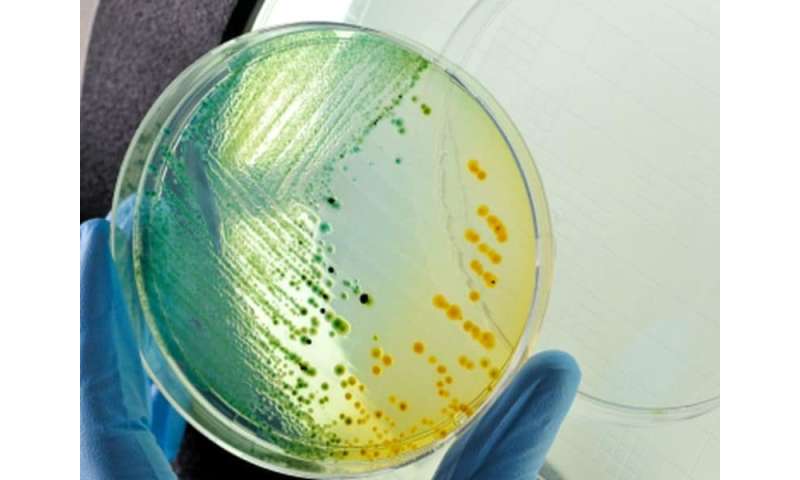
(HealthDay)—Most cases of infection-related stillbirth may be due to bacterial pathogens, according to a study published online Nov. 4 in Obstetrics & Gynecology.
Jessica M. Page, M.D., from the University of Utah in Salt Lake City, and colleagues conducted a secondary analysis of 512 stillbirths in a prospective, multisite, geographically, racially, and ethnically diverse, population-based study. Maternal interview, chart abstraction, biospecimen collection, fetal autopsy, and placental pathology were evaluated.
The researchers found that for 12.9 percent of stillbirth cases, infection was a probable or possible cause of death (36 percent probable and 64 percent possible). Compared with noninfection-related stillbirth, infection-related stillbirth occurred earlier (median gestational age, 28 versus 22 weeks). In 71 percent of stillbirths, fetal bacterial culture results were available, and of these, 53 percent grew identifiable organisms: Escherichia coli (29 percent), group B streptococcus (12 percent), and enterococcus species (12 percent). Inflammation or evidence of infection was found by placental pathology in 99 percent of cases and by fetal autopsy in 39 percent of cases. Likely causative nonbacterial organisms identified in infection-related stillbirth cases included parvovirus (3 percent), syphilis (2 percent), cytomegalovirus (8 percent), and herpes (2 percent).
“Given these data, we do not recommend routine TORCH serology or cultures in the absence of clinical, placental, or autopsy evidence of infection as part of the routine evaluation for stillbirth,” the authors write.
Source: Read Full Article